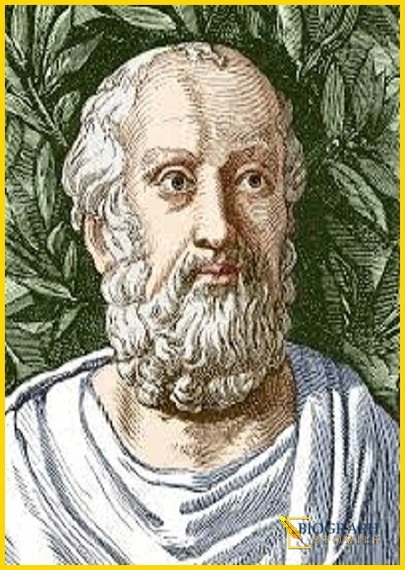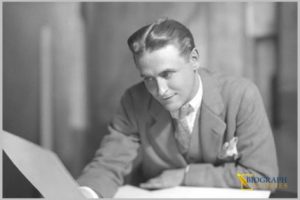
Plato Quick Fact:
Plato is a world-famous Greek philosopher. He was a student of the philosopher Socrates and the philosopher Aristotle was his student. As such, he was the second most influential philosopher of ancient Greece. The first Socrates and the last Aristotle. It can be said that they have laid the foundation of western philosophy.
Born :(born 428/427 bce, Athens, Greece, Classical Athens
Died : 348/347 Athens, Greece
Region: Western philosophy
School : Plato’s Academy
Plato Biography
Who is Plato?
Plato was a Classical Greek philosopher, mathematician, student of legendary scholar Socrates, writer of philosophical dialogues, and founder of the Academy in Athens and also the Academy. Being the student of Socrates, and being the teacher of Aristotle, he helped to build the foundations of Western philosophy and science.
The birth time and place of Plato
Plato was born in circa of Athens during 428 B.C.E.
Personal life of Plato
Being born in an aristocratic family in Athens, he had a good foundation of quality education from the very beginning. Both of his parents came from the Greek aristocracy. The name of his father was Ariston and his mother was Perictione. Historians claim that “Plato” was a nickname, referring to his broad physical build.
Plato was probably taught by some of Athens’ finest educators. The curriculum would have featured the doctrines of Cratylus and Pythagoras as well as Parmenides. Plato’s father died in his young age. After the death of his father, his mother married her uncle, Pyrilampes who was a Greek politician and ambassador to Persia. Plato probably had two full brothers, one sister and a half-brother, though it is not certain.
Major works on writing of Plato
Socrates used to be appeared in most of Plato’s writings and works clearly indicating that Socrates and his Socratic dialogues had a big influence on the young Plato.
Through Plato and his work, we get a major idea of Socrates’ philosophy and way of life. However, Plato was not just copying the words of Socrates. Rather he also used his own interpretations and ideas to those which he learned from him.
He wrote the Apology of Socrates shortly after the death of Socrates while he was his student in the yearly age. Socrates inspired him big time throughout his life. Other texts in this time period include Protagoras, Euthyphro, Hippias Major and Minor and Ion. Through these dialogues, Plato tried to carry Socrates’s philosophy and teachings.
In the middle, period, he writes in his own way about the central ideal justice, courage, wisdom and moderation of the individual and society. He wrote The Republic during this time with its exploration of just government ruled by philosopher kings.
In his later life, he took a closer look at his own early metaphysical ideas. He explores the role of art, including dance, music, drama and architecture, as well as ethics and morality. In his writings on the Theory of Forms, Plato suggests that the world of ideas is the only constant and that the perceived world through our senses is deceptive and changeable.
Plato’s Central Principles
Plato wrote on a whole range of topics, but it is his ethics and general philosophy which seemed to be his biggest interest. Plato observed a distinction between the body (corporeal world) and the soul. He also saw a distinction between the imperfection of the material world and the highest ideals which transcend material imperfections.
He also mentioned that the life we live is based on previous choices in either this avatar of the soul or previous avatars. Plato’s philosophy was also heavily influenced by Pythagoras, in terms of his religious views on transmigration.
Founding the Academy
In 385 B.C.E., Plato founded a school of learning known as the Academy. He continued to preside over until his death. The school was located at an enclosed park named for a legendary Athenian hero. The Academy operated until 529 C.E. After that, it was closed by Roman Emperor Justinian I, who feared it was a source of paganism and a threat to Christianity.
During the lifetime of the institution, the Academy’s curriculum included astronomy, biology, mathematics, political theory and philosophy.
In 367 B.C.E., Plato placed under house arrest by falling a victim of conspiracy. Eventually, Plato returned to Athens and his Academy where his most promising student Aristotle were studying under his supervision and later Aristotle took his mentor’s teachings in new directions.
Final Years and death
Plato’s final years were spent at the Academy and with his writing. He died in Athens around 348 B.C.E., at his early 80s. Some scholars suggest that he died while attending a wedding, while others believe he died peacefully in his sleep.








